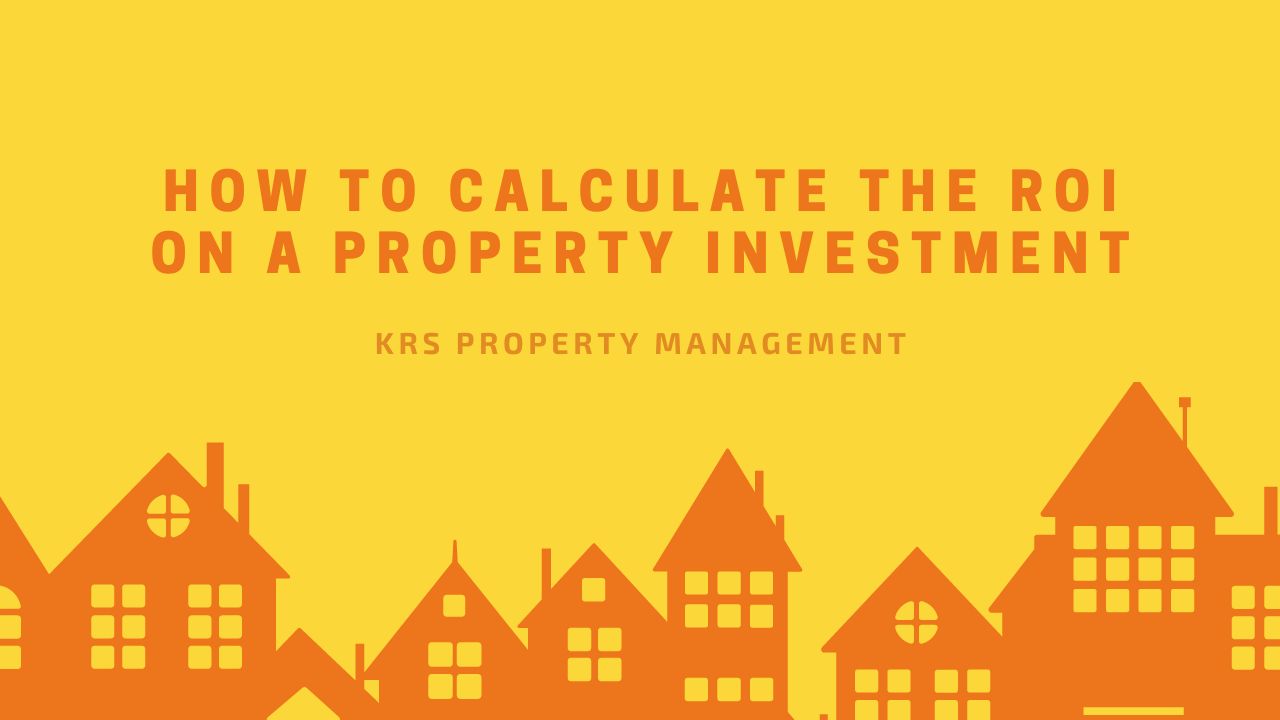
Measuring the rate of return on your rental property can vary significantly depending on the type of property you are managing and the leasing strategy you choose. Rental properties generally fall into two categories: long-term rental agreements, where tenants stay for extended periods, and short-term leases, which typically involve more transient tenants.
Both options have distinct advantages and challenges, and the way you measure profitability, calculate expenses, and account for vacancies can differ. Understanding the difference will help you properly calculate ROI.
Long-term Lease Property
If you plan to rent out your property for six months or longer, it qualifies as a long-term rental. This usually applies to residential homes, apartments, and commercial buildings, where you receive rental income over the lease term.
Many landlords prefer long-term rentals because they provide consistent income over a fixed period, along with the potential for property appreciation over time. For these properties, the rate of return typically ranges from 8% to 12% annually, depending on factors such as market conditions, property location, and management performance.
When calculating returns, consider both the rental income and any capital gains from the property’s value increase over time. Investors should also account for operating costs, local real estate trends, and taxes, which can significantly affect overall returns.
Short-term Lease Property
If your property is rented for less than 30 days, it is considered a short-term rental. This typically includes residential or commercial units rented for brief periods, such as entire homes or individual rooms within a property.
Short-term rentals can offer a return rate of around 10%. However, unlike long-term rentals, which provide more stable income, short-term rentals are influenced by seasonal demand. During low seasons, returns may drop by up to 5%, while in peak seasons, they can rise by as much as 20%.
As a property investor, your returns will vary depending on factors such as location, property type, and the quality of property management.
Calculating the Rate of Return On a Rental Property
Here are the three methods for calculating ROI on your rental unit
1. Simple ROI Calculation
ROI = Income from investment minus the cost of investment, then divided by the cost of investment
For instance, if your initial rental property investment is $100,000 and you made a total profit of $120,000. Your rate of return from your investment is 20%.
ROI = ($120,000 less $100,000)/ $100,000 = 0.2 = 20%
While this method is direct, it lacks the profit details that investors will want to know compared with other methods.
2. Cap Rate
Investors can also when purchasing properties use the cap rate or capitalization rate since it aids you in learning how profitable your rental unit is over other investment choices. Again, the cap rate is not the best way of calculating the profit from your short-term rental investment.
You will need to evaluate the value based on the other properties situated around your neighborhood.The cap rate is best for working out how profitable commercial units are. It is the ratio between your property investment’s net operating income and the amount you paid for your property.
The formula is as follows:
Net operating income = rental income minus the operating costs
Cap rate = net operating income divided by the purchase price multiplied by 100%
For instance, if your rental’s purchase price was $150,000 and you spent $1,500 for closing costs and $15,000 for renovations. Your total investment is 166,500.
If the monthly rent you collect from your tenants is $1,000, you will make a yearly income of $12,000. For a more accurate ROI, you can deduct $2,000 for other operating costs, specifically insurance payments, taxes, maintenance fees, and additional property management fees.
Your annual returns from your investment property would amount to $10,000.
To calculate the ROI from the rental property, you must divide the annual return of $10,000 by your total initial property investment, which was $166,500.
Cap rate = ($10,000 / $166,500) x 100% = 6.01%
3. Cash on Cash Return Calculation (COC)
In contrast to the two methods mentioned previously, the COC appears more complicated since you have to factor in the financing you obtain with your rental property purchase. It is the ratio of your property’s annual NOI in addition to the total cash investment of the rental real estate.
The COC formula is
COC = Annual cash flow minus the total cash investment multiplied by 100%
For instance, you purchased a rental property for $150,000, paid a 20% deposit, and applied for a mortgage. The total expense would be $30,000 for the deposit, $2,000 for closing costs, and $10,000 for the property renovation.
You will have invested a total of 42,000 ($30,000 + $2,000 + $10,000)
Now when you have a loan, you will need to pay interest each month and this should be factored in your computation. If the interest payment is at $1,000 per month and you get a rental payout of $1,500 monthly, then your cash flow is $500 monthly or $6,000 in returns per year.
Through the COC formula, we will divide the annual cash flow by the total invested cash in the rental unit to figure out your ROI rate.
COC = ($6,000/$42,000) x 100% = 14.2% (annual return rate from your rental)
A percentage of around 10% is considered a good rate of return for cap rate calculation.
For cash-on-cash rate calculation, an 8% to 12% return rate is satisfactory. However, some investors will not pick a property if the predicted return does not reach at least 20%. Not all investors are the same and metrics can vary for an acceptable rate of return.
Bottom line
Among the three methods cited above, the cash-on-cash return computation is more commonly used when computing the best ROI of a property you plan to purchase.
If you need help calculating ROI on your property, contact a trusted property manager, like KRS Property Management. Contact us today!






